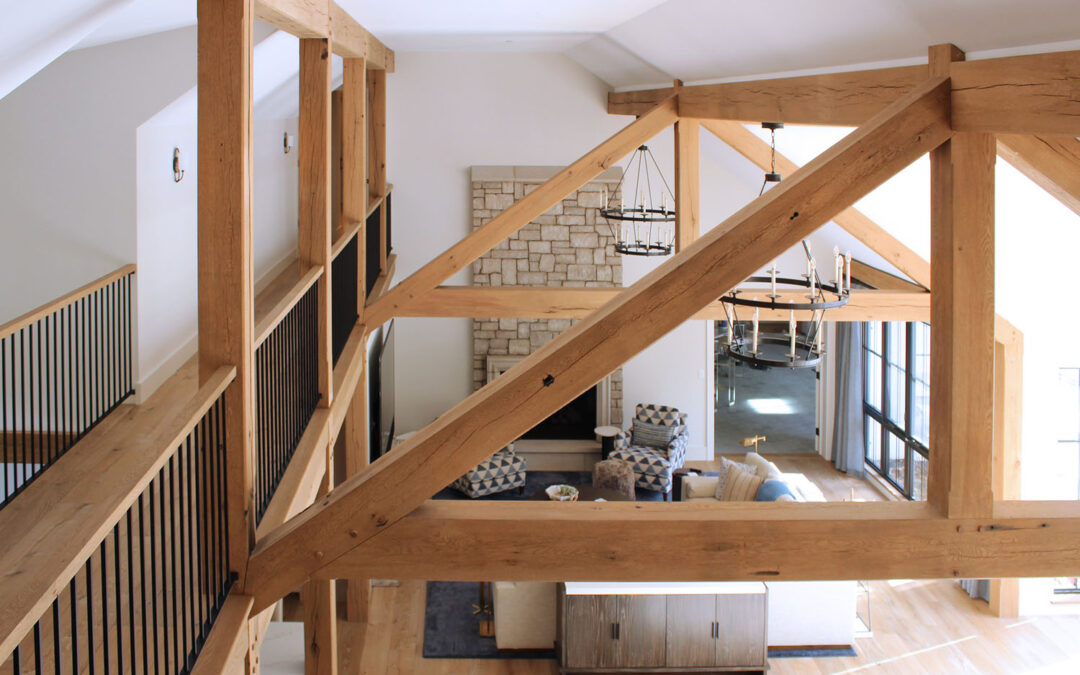Undertaking a whole home remodeling project is a thrilling venture that promises a rejuvenated living space tailored to your preferences. However, it’s essential to navigate the financial landscape with careful consideration. Let’s explore the factors influencing whole home remodeling costs, provide insights into what to expect, and tips on how to plan effectively for this significant investment.
- Defining the Scope of Your Remodel
The scope of your whole home remodeling project plays a pivotal role in determining the overall cost. Are you looking to revamp every room, including kitchens and bathrooms, or are you focusing on specific areas? Clearly defining the scope allows you to allocate resources efficiently and prioritize key aspects of the remodel.
- Material Selection and Quality
The materials you choose for your remodel significantly impact the overall cost. Opting for high-end, premium materials will naturally result in a higher budget. Conversely, selecting more budget-friendly options can help manage costs. Balancing quality and cost-effectiveness is key to achieving the desired aesthetic without breaking the bank.
- Labor and Professional Fees
Labor costs, including those of architects, designers, and contractors, are a substantial component of whole home remodeling expenses. Experienced professionals contribute to the success of your project, so it’s crucial to budget accordingly. Obtain multiple quotes, check references, and ensure that the professionals you hire align with your vision and budget constraints.
- Structural Changes and Unforeseen Issues
If your remodel involves structural changes, such as removing walls or addressing foundation issues, additional costs may arise. Unforeseen challenges, such as hidden plumbing or electrical issues, can also impact the budget. It’s prudent to allocate a contingency fund to account for these unexpected expenses and avoid financial strain during the project.
- Permits and Regulatory Compliance
Many remodeling projects require permits, and obtaining these often incurs fees. Check with your local municipality to understand the specific permits needed for your project. Failure to comply with regulations can result in fines or delays, emphasizing the importance of factoring permit costs into your budget.
- Smart Investments for Long-Term Savings
Consider the long-term savings associated with energy-efficient and sustainable upgrades. While these may entail higher upfront costs, they can lead to reduced utility bills and contribute to a more eco-friendly home. Evaluate the return on investment (ROI) for such features to make informed decisions about where to allocate your budget.
- Temporary Living Arrangements
If your whole home remodel is extensive, you may need to budget for temporary living arrangements during the construction phase. This expense ensures your safety, comfort, and well-being while allowing contractors to work efficiently without disruptions.
- Financing Options
Explore various financing options to determine the most suitable approach for your budget and financial situation. Options may include personal savings, home equity loans, or lines of credit. Understanding your financial capacity and planning accordingly will help you make informed decisions throughout the remodeling process.
- DIY Contributions and Sweat Equity
If you have the skills and time, consider contributing to the project through do-it-yourself (DIY) efforts. While some tasks are best left to professionals, tackling certain aspects yourself can provide cost savings. However, be realistic about your abilities and know when to seek professional assistance.
- Transparent Communication with Professionals
Maintaining open and transparent communication with your project team is crucial to managing costs effectively. Regular updates, discussions about any changes or adjustments, and a clear understanding of the payment schedule contribute to a harmonious collaboration and ensure that everyone is aligned with the budgetary goals.
Whole home remodeling costs are influenced by a myriad of factors, each requiring careful consideration and planning. By thoroughly defining the scope, balancing material quality with budget constraints, and accounting for potential challenges, you can embark on your remodeling journey with confidence. Remember that investing in your home is an investment in your quality of life, and with strategic planning, you can create a space that aligns perfectly with your vision.
- At-Home Golf Simulator Trends in 2025: Top Features and Favorites - June 3, 2025
- 10 Must-Have Mudroom Essentials for Ultimate Organization - May 29, 2025
- Top Kitchen and Bath Remodeling Trends Homeowners Love in 2025 - April 30, 2025

